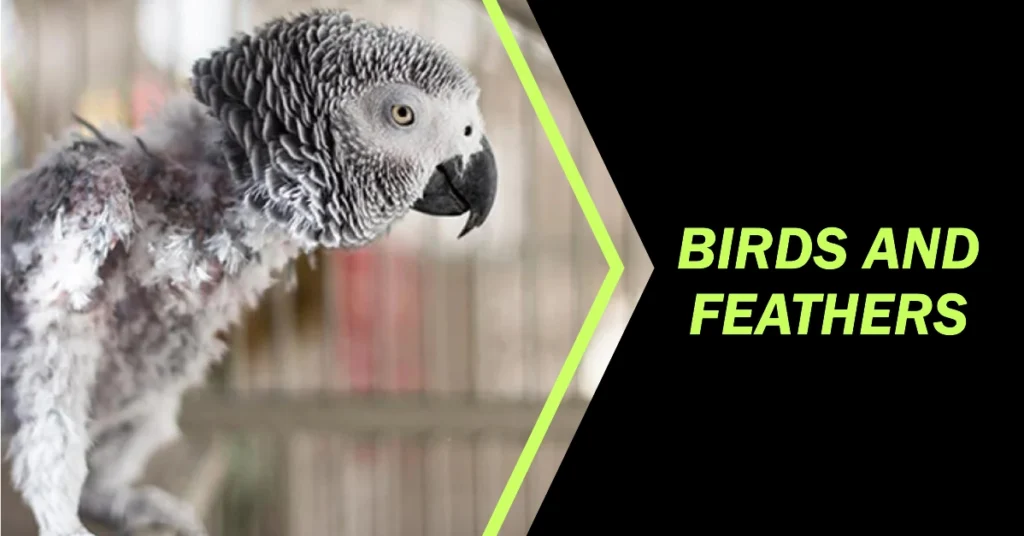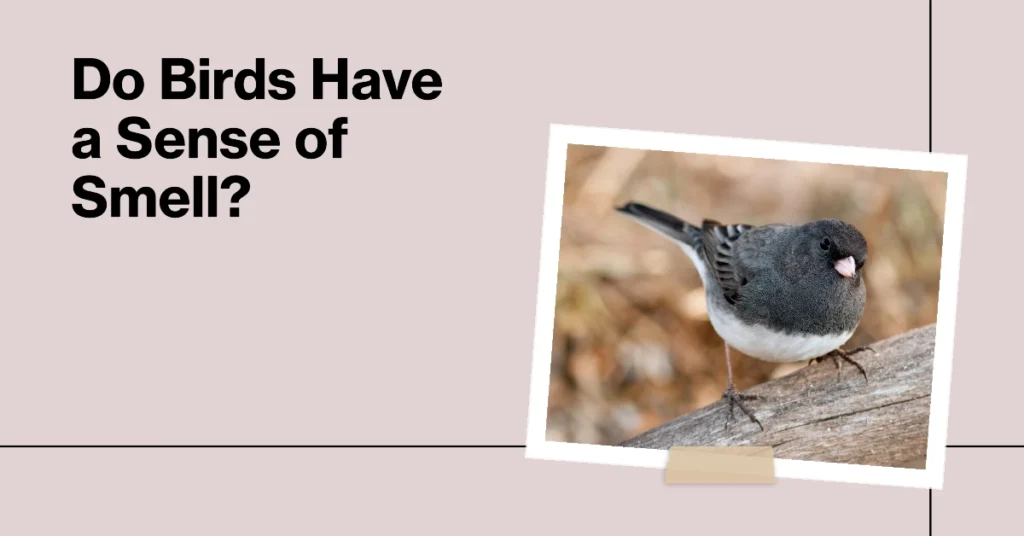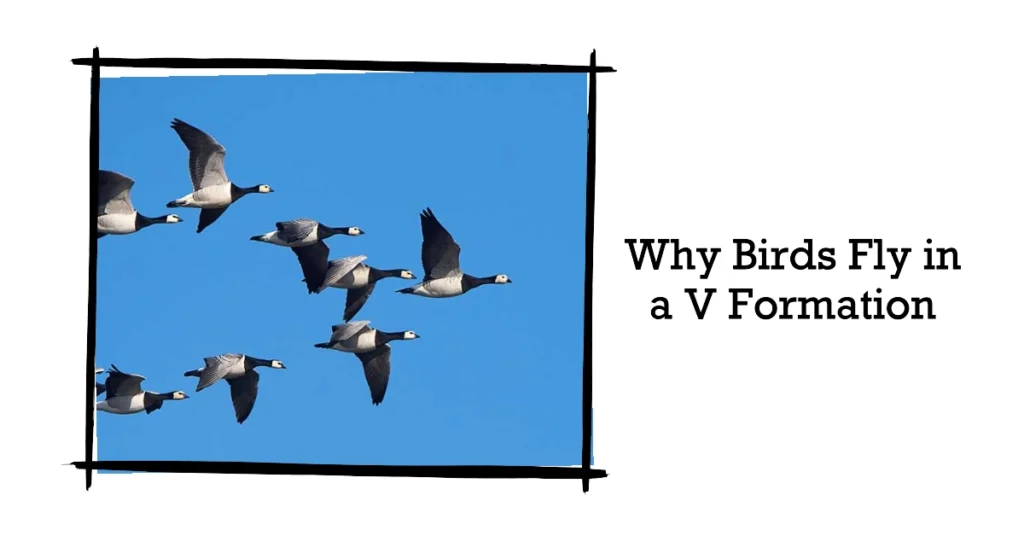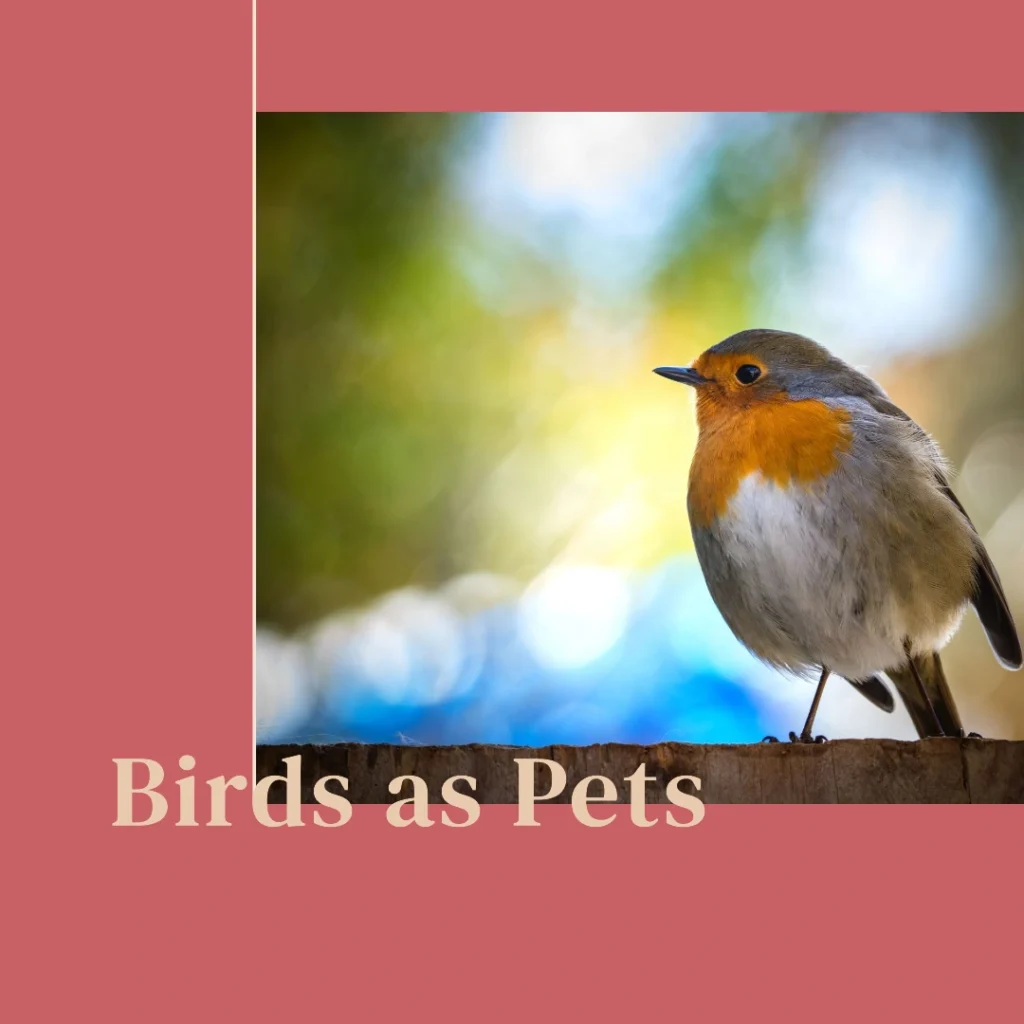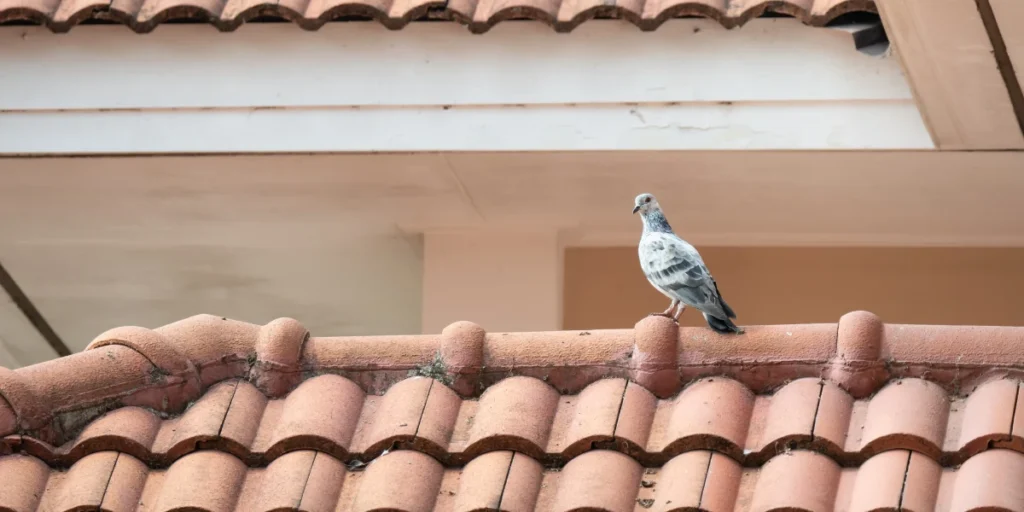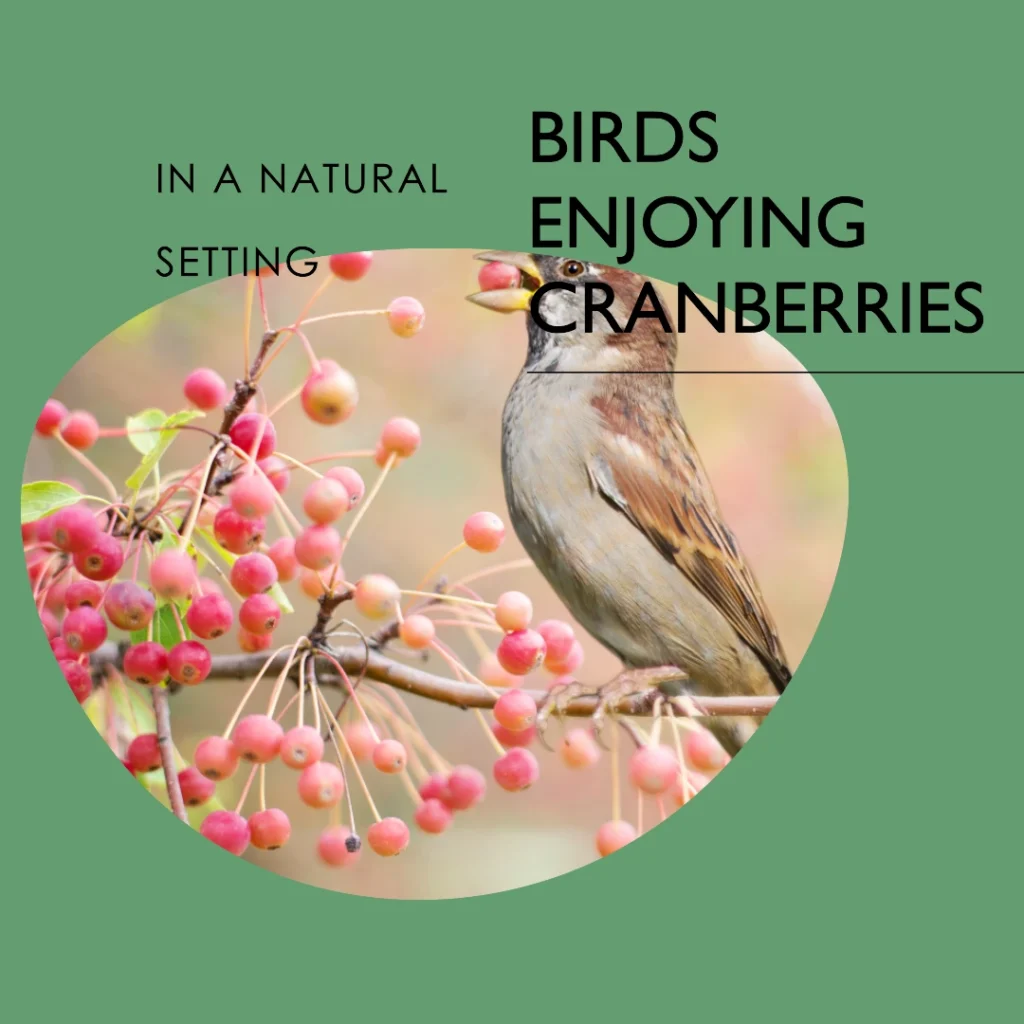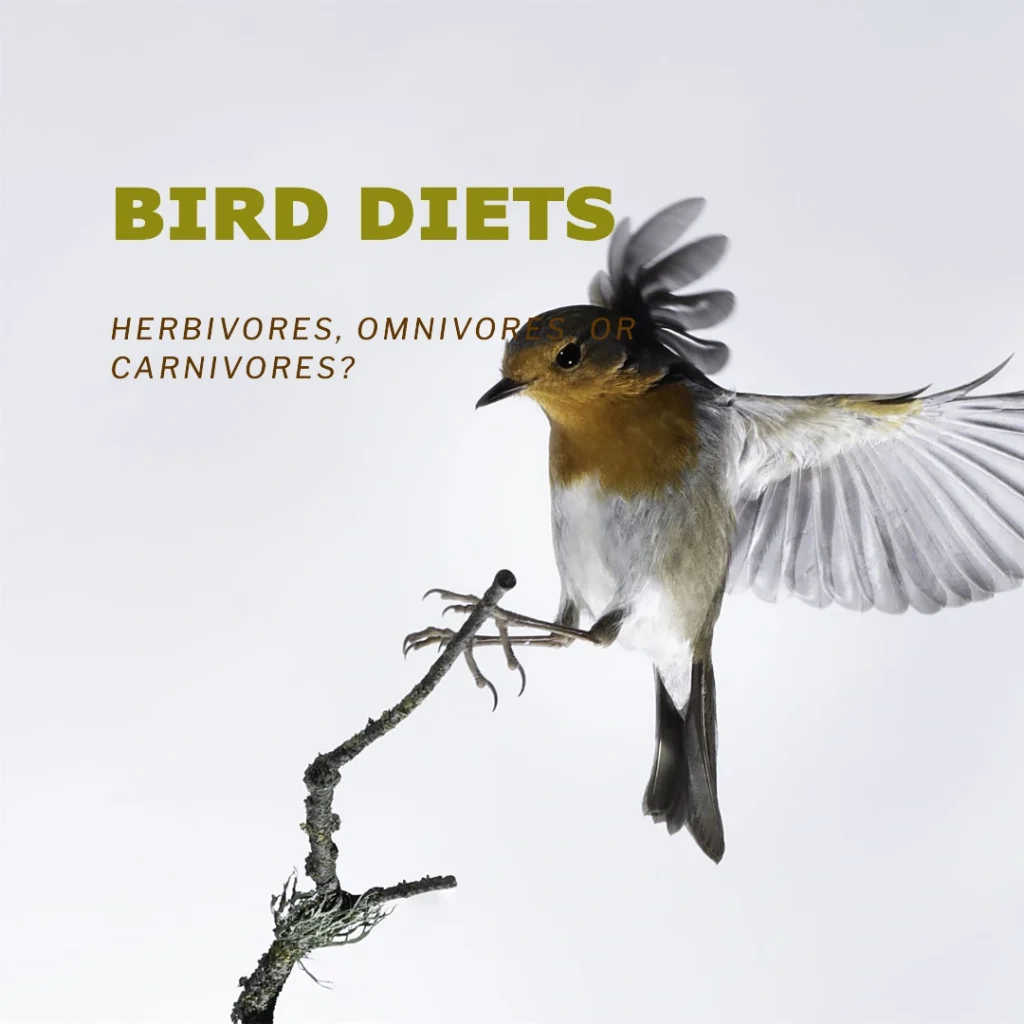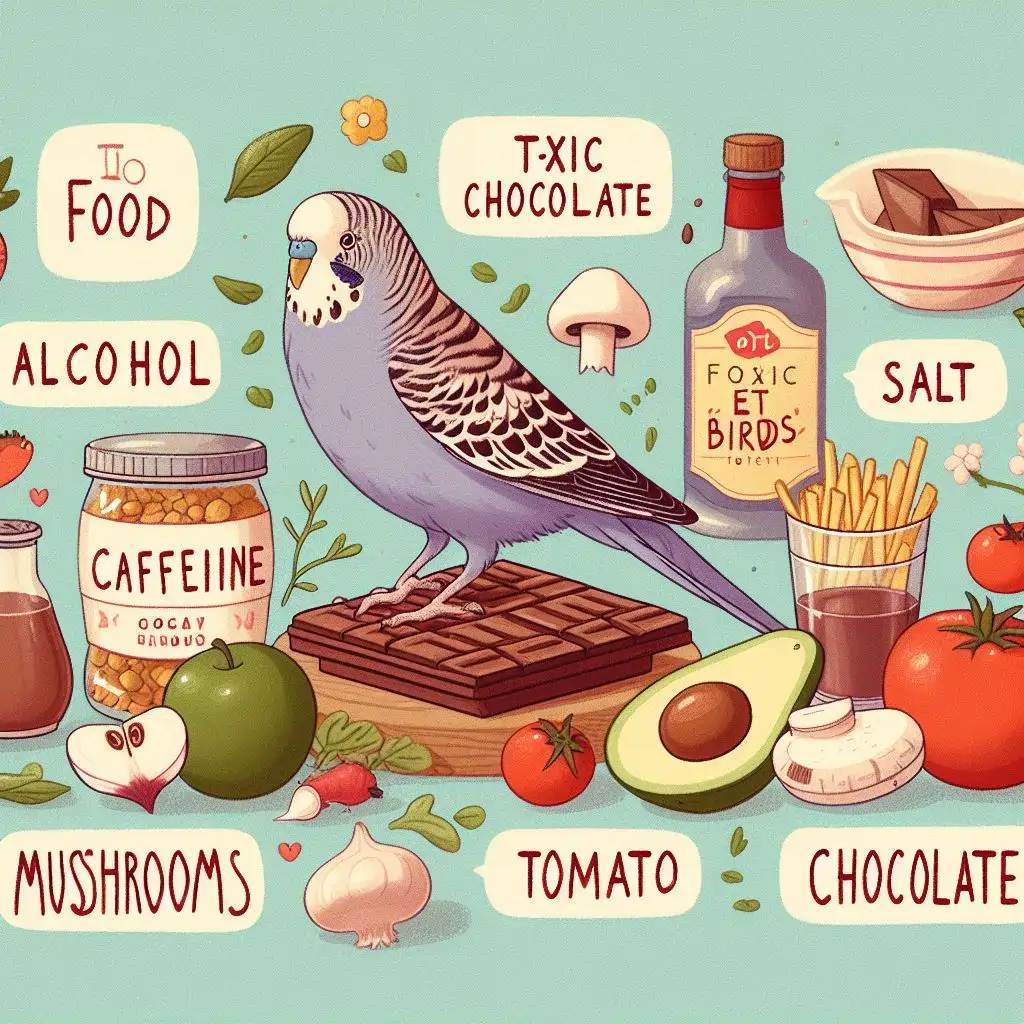
What Makes Chocolate Toxic to Birds?
Chocolate contains substances called methylxanthines, which are toxic compounds that birds cannot properly metabolize. The two main methylxanthines in chocolate are theobromine and caffeine.
Theobromine is the primary toxin, with levels in chocolate being 3-10 times higher than caffeine levels. Even small amounts of theobromine can be extremely harmful and potentially fatal to birds.
The darker the chocolate, the more dangerous it is due to higher theobromine and caffeine content. For example:
| Chocolate Type | Methylxanthine Content (mg/oz) |
| Cocoa Powder | 800 |
| Baking Chocolate | 450 |
| Dark Chocolate | 150-160 |
| Milk Chocolate | 64 |
White chocolate contains negligible amounts of methylxanthines. However, it is still unhealthy for birds due to its high fat and sugar content.
How Chocolate Poisoning Affects Birds

When birds ingest chocolate, the methylxanthines are readily absorbed into their system. This can lead to a range of symptoms within 6-12 hours, including:
- Vomiting
- Diarrhea
- Increased Thirst
- Restlessness
- Hyperactivity
- Tremors
- Seizures
- Irregular Heart Rate
- Cyanosis
- Coma
In severe cases, chocolate ingestion can cause liver failure, brain damage, and death in birds, even with veterinary treatment.
Birds at High Risk
While all birds are susceptible to chocolate toxicity, certain species are at higher risk due to their inquisitive nature and tendency to explore with their beaks.
Parrots
Parrots are extremely curious and have been known to investigate anything new in their environment by tasting it. Their hooked beaks also allow them to easily unwrap and consume chocolate and other foods.
Wild Birds
Many wild bird species, like the Kea parrot of New Zealand, have been known to raid picnic areas and trash bins in search of food, potentially ingesting chocolate discards.
Preventing Chocolate Poisoning
The only way to fully protect birds from chocolate toxicity is to never feed them chocolate in any form and keep it completely out of their reach. This includes:
- Chocolate bars/pieces
- Chocolate chips
- Chocolate cookies/cakes
- Chocolate-covered foods
- Hot chocolate mixes
- Any foods containing cocoa/cacao
Safer Alternatives
If you want to give your feathered friend an occasional treat, opt for healthy bird-safe foods like:
- Fresh fruits (no pits/seeds)
- Cooked plain vegetables
- Whole grains
- Nuts (unsalted)
- Hard-boiled eggs
Always introduce new foods slowly and in moderation. Consult an avian veterinarian if unsure about a particular food.
What to Do If Your Bird Eats Chocolate
If you suspect or witness your bird consuming any amount of chocolate, consider it a medical emergency and immediately contact your avian veterinarian or an animal poison control hotline.
The faster your bird receives treatment, the better their chances of survival and recovery. Prompt decontamination and supportive care can help minimize the toxic effects.
Symptoms of Chocolate Poisoning in Birds
Be on the lookout for these potential signs that your bird may have ingested chocolate:
- Vomiting
- Diarrhea
- Lethargy
- Loss of Appetite
- Increased Thirst
- Abnormal Droppings
- Feather Plucking
- Tremors/Seizures
Even if your bird appears normal after eating chocolate, toxicity can still occur, so veterinary attention is crucial.
In summary, chocolate is highly toxic and potentially fatal to all birds due to the methylxanthines it contains. The risks far outweigh any perceived benefits, so it’s best to avoid giving chocolate to birds entirely. By being proactive and bird-safe treat alternatives, you can help keep your feathered companions healthy and happy.

